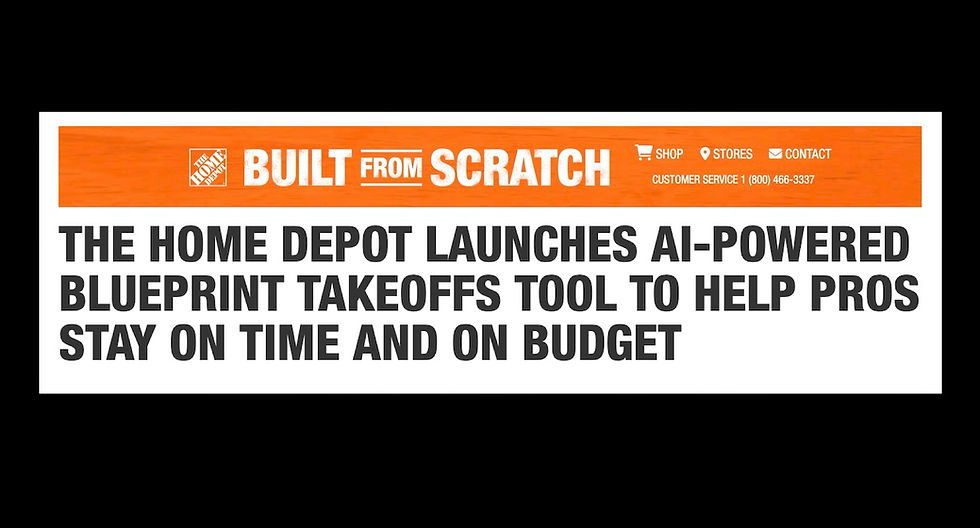Here’s How Coronavirus Is Making LBM Dealers Even Better
- Craig Webb

- Mar 20, 2020
- 3 min read
Commentary by Craig Webb

“Do you remember?” I used to ask LBM executives. “Do you remember when the Great Recession came to your market?”
Again and again, the answer was firm: “Not only do I remember, I can tell you the exact date it happened.” And then, with parched voice, the dealer would describe the day buyers stopped calling in orders and messages for RFPs were replaced with notes killing projects and welching on debts.
Back then, the lights were extinguished at different times from market to market, but for all dealers it was a traumatic experience. Nobody wanted to feel that way again.
This time, the speed is different, but the feeling is the same. Seemingly within days, the coronavirus halted much of the U.S. economy, forcing dealers to abandon their usual springtime ramp-up of business and instead scramble and improvise in ways they haven’t experienced for a dozen years. And just as the Great Recession altered how building material dealers operate, I believe it’s already possible to see the coronavirus’ long-term impact on how we do business. And in this case, the news is encouraging.

Take curbside pickup. Basically, dealers across the country are embracing a variation of BOPIS—Buy Online, Pickup in Store—that The Home Depot and restaurants have been promoting for quite a while: The order arrives via phone, text, email or online; the order is processed while the customer comes to the store; and the handover takes place in just minutes. Technology speeds the process, and staff time is reduced. What’s not to like?
Likewise, the buildup of remote communication setups that previously had been used mainly by the sales team will give rise to contemplation about whether everyone truly needs to do their work in the office. And once you get used to having teleworkers, it becomes less important that they live nearby. There’s a big remodeling company in Virginia whose human resources officer lives in San Diego, while another remodeling company serves Southern California in part with a receptionist located in Florida. If you’re short of workers in your area, telework expands your reach.
Technology is an obvious example of how this pandemic will produce change. I wouldn’t be surprised if SRS Distribution wins customers during the crisis because it had created Roof Hub, an app that provides real-time information on order status, when the delivery truck will arrive, and invoice history. You also can order materials online and pay bills. Customers increasingly will be expecting these services from dealers, if only because Amazon and the big box stores are offering them. Dealers with old systems and no easy way to communicate via smartphone are less able to evolve with the changing business climate. Falling behind on technology is an existential threat, so I expect that tech vendors will be hearing lots of requests once the pandemic ends.
Cleaning the store likely will drop in importance once COVID-19 stops becoming a common phrase, but the truth is that a lot of construction supply companies are pretty grungy places. Keeping things spruced up could help dealers retain customers—particularly female customers—who had felt grossed out by what they saw in the past. Those same folks might have been pleasantly surprised when they visited a cleaner version of your place during the outbreak. Keep it up.
Finally, there’s the concern you show for your team’s health. Lots of dealers promote safety, but that often is motivated by the desire to reduce worker’s comp costs. The future is likely to see you doing much more to promote workers’ mental health and general physical well-being. We’re seeing dealers reduce stress by telling people to not worry about their jobs or their PTO quotas when they feel ill; just go home and the job will be there when they get healthy again. Naturally, it’s in your financial interest to suggest that, but it also shows you’ve made a commitment to the employee. In today’s age of “at will” employment, what you’re doing promotes worker loyalty.
Years from now, thinking back to these days, what will you remember? Hopefully, you’ll mark this as the time your business didn’t just survive—it became even better.






Comments